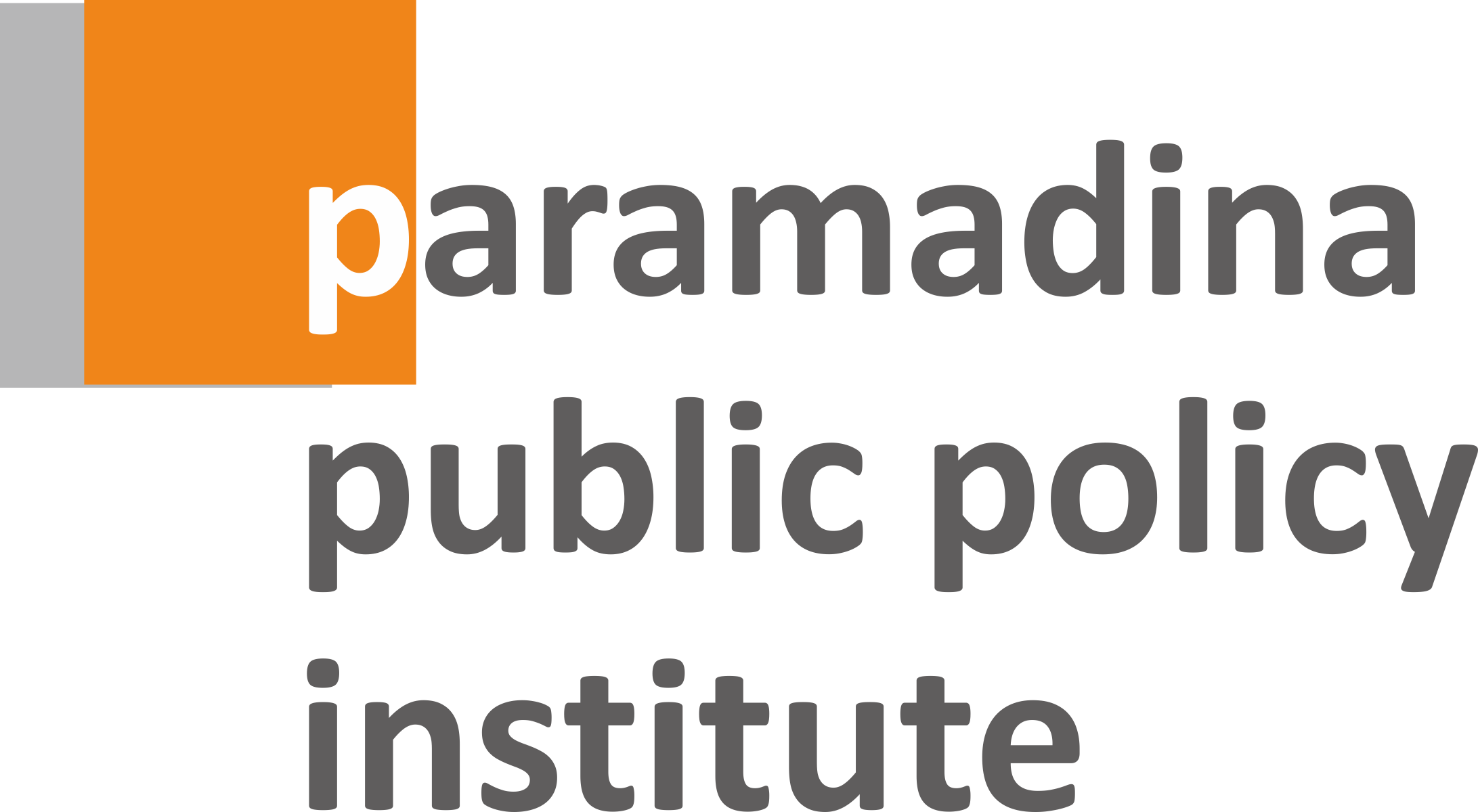- March 16, 2015
- Posted by: Totok Soefijanto
- Category: Analysis, Blogs, Education, Headlines

The condition of teachers is a basic issue of our education problems. Educators, politicians and civil society activists have been working tirelessly to improve teachers since before independence.
We have learned best practices from Fiji to Finland, from Capetown to Chicago — with no concrete answer. “Indonesia is as unique as Finland. Don’t copy us; instead, look inside you,” said Pasi Sahlberg, the author of The Finnish Lesson.
One milestone has been enacted: the teachers’ certification program (TCP), to address teacher competency as an essential issue in our education.
Indeed, Indonesia launched a ground-breaking policy in 2005 through Law No. 14/2005 on teachers and lecturers. Accordingly, the government started TCP as an ambitious program in 2007 to test, evaluate and certify around 3 million Indonesian teachers.
The word “certify” is inadvertently misleading because it is intended for an additional purpose: additional remuneration on top of a teacher’s salary. Certification should be a competency yardstick. Remuneration is just one impact of being certified.
Alas, the government’s teacher certification is like a smart missile that could hit two targets simultaneously. It was considered an excellent idea because teachers would be motivated and work extra hard to get certified. Nevertheless, the mix-up between certification for competency and remuneration has created a dilemma.
On one hand, senior teachers think they deserve certification for their life-long dedication, regardless of their competency. It is not their fault because there has been no valid performance assessment before.
On the other hand, the certification turns out to be a symbol of lifetime achievement for teachers who are competent: good, but not good enough.
Unfortunately, many certified teachers do not feel obliged to maintain and improve their competency. The certification only expires when they retire.
In this case, the teaching profession must learn from other professions like pilots, public accountants or medical practitioners who must take regular evaluations to retain their certification status.
Amid scientific and technological progress the one-time certification approach is unsustainable. Studies including that by the World Bank in 2012 have found that the teachers’ certification has no significant impact on their competency.
A recent study on the teacher certification program by the Paramadina Public Policy Institute (PPPI) reveals additional interesting findings: parents and students are satisfied with teachers’ performance in social and personal competencies and parents and students have lower satisfaction for the teachers’ professional and pedagogical competencies.
Furthermore, a study sponsored by USAID and Pro-Rep (Program Representasi, a project focusing on improving democracy) also uncovered teachers’ lack of knowledge of information and communications technology skills and that they were not maintaining their proper appearance in classrooms — their shirts or blouses were rumpled and dirty, for instance, even though they had received certification benefits.
One might say, it takes hard work to earn money, but it takes culture to spend the money. Extra income from certification has been spent for consumptive expenses, such as buying cars or motorcycles, fixing their houses and even for new marriages.
Some schools have fewer parking spaces these days owing to the additional cars and motorcycles.
The above study looked closer at the situation of education in Jakarta and Labuan Bajo in East Nusa Tenggara (NTT). Another noteworthy finding disclosed the impact of local politics on teachers, principals and schools in general.
Some teachers or principals had been relocated to isolated schools because they had supported candidates who lost local elections.
Teachers’ involvement in politics is unavoidable in many regions because teachers are usually respected figures and have many followers, or, at least, sympathizers.
Almost all political candidates will persuade teachers to endorse and support them in local, regional, and national elections. Even if the teachers choose to be neutral, the risk of being “punished” after the election is always there.
Candidates for public office in government or the legislative bodies do not believe in neutrality: you are either with them or with the enemy.
This political fiasco has caught many teachers in awkward positions prior to each election.
This situation has distracted teachers from performing their jobs, let alone attempting good teaching practices. Never recruit teachers for political endeavors.
The latest study and the previous ones on the teachers’ certification program suggest that the government and civil society organizations should work hand-in-hand to improve teachers’ competency.
The government supervises teachers’ professional and pedagogical performances by setting the standards for quality assurance and regular training programs; that includes a routine re-certification program.
Civil society organizations, including teachers’ colleges and universities, should provide high-quality training and precertification programs for teachers.
In this camp, professional associations such as the PGRI and other credible teacher associations can set up review boards that assess teachers’ competency.
Mastering teaching skills must be maintained and updated throughout teachers’ lifetimes; in fact, all teachers must adopt a life-long learner attitude. As life-long learners, teachers will keep thinking of new ways to pass new knowledge onto students.
He or she should not be easily complacent about the material world. Their noble cause is to foster the future generations’ capability to improve humanity. (*)
By Totok A Soefijanto, senior researcher of the Paramadina Public Policy Institute and deputy rector for academics, research and student affairs at the Paramadina University in Jakarta.
Leave a Reply
You must be logged in to post a comment.

